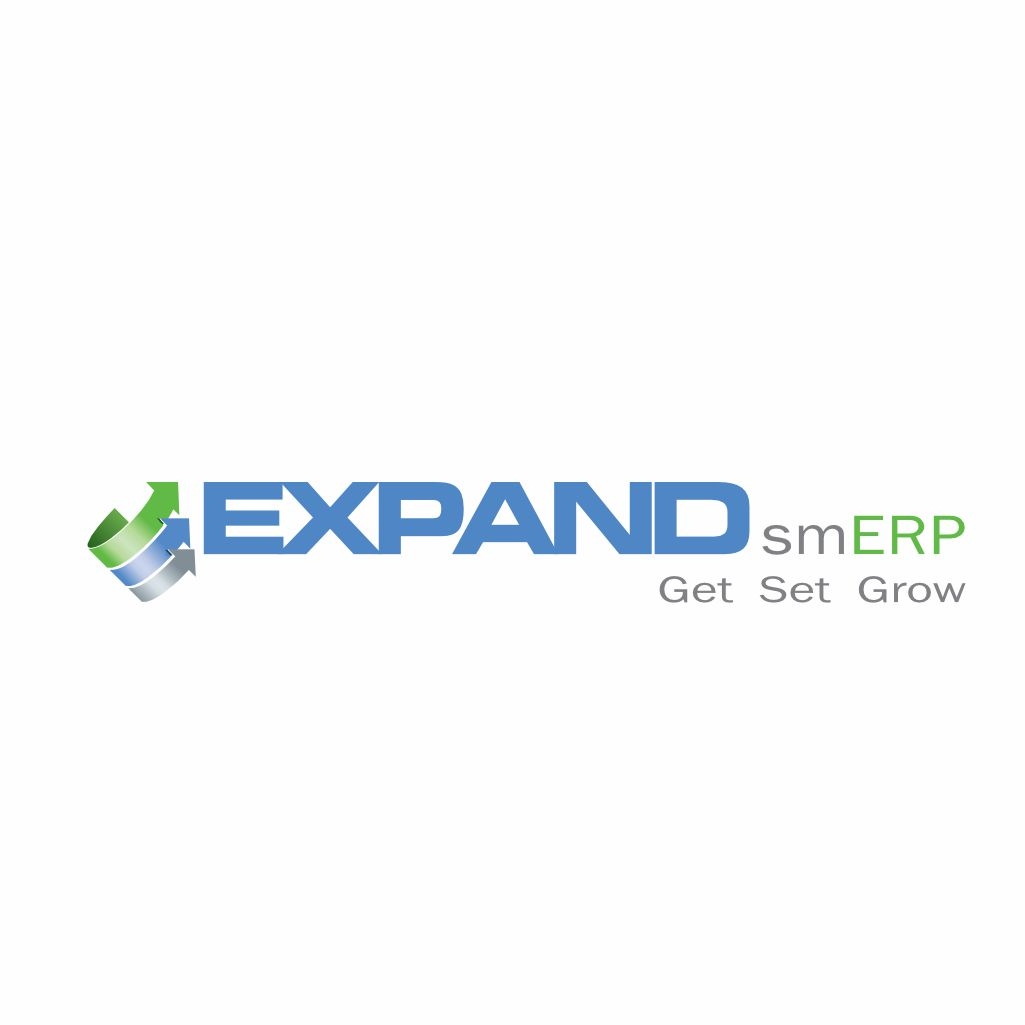
In today’s competitive business landscape, ERP for the manufacturing industry has become an essential tool for companies aiming to streamline operations and enhance productivity. Enterprise Resource Planning (ERP) systems integrate various functions such as inventory management, production planning, and supply chain management into a single, cohesive system. By adopting ERP for manufacturing industry processes, businesses can achieve greater visibility, control, and automation, leading to reduced costs and improved efficiency.
## Understanding ERP and Its Importance
Enterprise Resource Planning (ERP) is a software solution that consolidates all the critical aspects of a business into a unified system. For the manufacturing industry, this means integrating modules for production planning, procurement, inventory control, order processing, finance, and human resources. This integration allows for real-time data flow between departments, ensuring that every part of the business is aligned and informed.
### Key Benefits of ERP for Manufacturing Industry
1. **Enhanced Productivity**: By automating routine tasks and providing real-time data, ERP systems reduce manual intervention and errors, boosting overall productivity.
2. **Improved Inventory Management**: ERP systems provide accurate inventory tracking, reducing the risk of overstocking or stockouts, and optimizing inventory levels.
3. **Streamlined Production Planning**: With ERP, manufacturers can better plan and schedule production runs, ensuring optimal use of resources and meeting customer demands efficiently.
4. **Cost Reduction**: ERP systems help identify and eliminate waste, reducing operational costs and improving the bottom line.
5. **Better Compliance and Risk Management**: ERP systems ensure that manufacturing processes comply with industry standards and regulations, reducing the risk of non-compliance and associated penalties.
## Features of an Effective ERP System for Manufacturing
An effective ERP system for the manufacturing industry should include:
– **Real-Time Data Processing**: Providing up-to-the-minute information to aid in decision-making.
– **Scalability**: The ability to grow with the company, accommodating increased workloads and additional users.
– **Customizable Dashboards and Reports**: Tailoring information to the specific needs of different users within the organization.
– **Integration Capabilities**: Seamless integration with existing systems and other third-party applications.
– **User-Friendly Interface**: An intuitive interface that requires minimal training for users.
## Choosing the Right ERP for Manufacturing Industry
When selecting an ERP system, manufacturers should consider the following:
– **Industry-Specific Functionality**: The ERP system should cater specifically to the needs of the manufacturing sector.
– **Vendor Reputation**: Research the vendor’s track record and customer reviews.
– **Cost and ROI**: Evaluate the total cost of ownership and potential return on investment.
– **Support and Training**: Ensure the vendor provides adequate support and training to help the organization transition smoothly.
## Conclusion
Implementing ERP for the manufacturing industry can be a game-changer, offering numerous benefits from enhanced efficiency to cost savings. By integrating all aspects of the manufacturing process into a single system, manufacturers can achieve greater control, transparency, and agility, positioning themselves for success in a competitive market. Embracing ERP technology is not just a trend but a necessity for manufacturing companies aiming for long-term growth and sustainability.